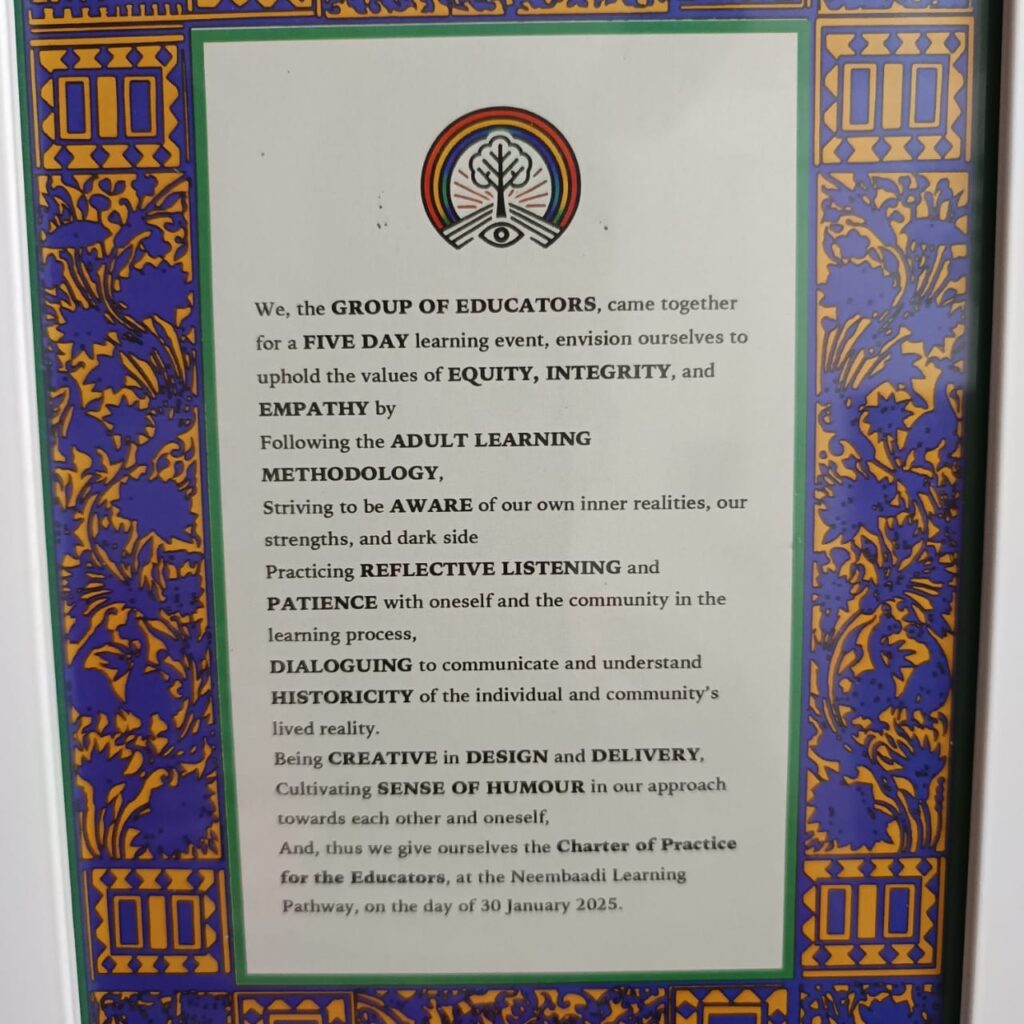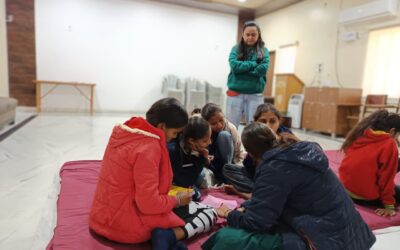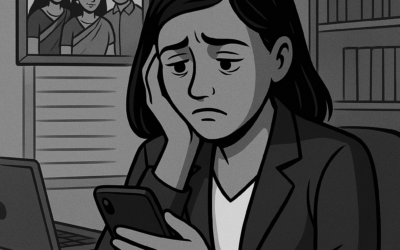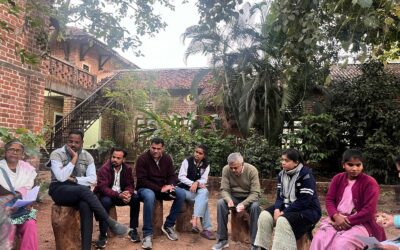In a recently conducted workshop which i was part of, we learned what it means to be educators. From bodywork to developing mindfulness, it was quite intriguing to observe how both connect in perceiving the groups’ state and attuning our facilitation style accordingly. This blog is presenting the learning from the workshop for you to absorb and apply in your contexts.
Educator Is A Role, Not An Identity
Asking the right questions and weaving the content to be presented in front of the audience requires a lot of contextual architecture.
As an educator, it is important to observe the human processes in groups. I realize all individuals spend their lives in various sorts of groups, however rarely taking notice of it. As a result, for a good educator, the quality of observing stands high. Therefore, knowing the historicity of the participants, and incorporating the nuances in the content is of critical importance.
In a nutshell, looking at these processes in the group means focusing on what is going on in the group in terms of other things that have gone on in the group. This leads to insinuating the empowerment of the group in order to develop or consequentially arrive at the goal of the discussion.
Empowerment
The word empowerment is probably the most used word in this sector. However, the step towards it often remains ambiguous or misinterpreted, thereby causing an unfruitful sense of empowerment. Becoming an educator is an evolving journey—one that requires presence, adaptability, and a deep commitment to fostering learning experiences that truly empower individuals.
Empowerment is a prerequisite for inducing change. It is all about inclusivity practiced with recognition, devotion, and trust. One of the most disempowering behaviours that we often forget to pay attention to is exercising control. When we stand on the other side, we need to balance the equation of how much confidence we have in ourselves and the audience we are interacting with. Often while swivelling the reins from us to the audience, the burden of responsibility should be balanced. Because with a sense of responsibility comes great fear. Therefore, empowerment in the context of development activities has to be rooted in and accompanied by values that promote caring and loving attitudes.
What, How, Why?
As an educator, it is important to answer the questions of ‘What, How, and Why’.
What defines the core content of learning
How determine the methods and tools used to deliver knowledge
Why provides the purpose, the underlying values, and the motivations that drive learning and transformation
The answers to these questions help an educator to streamline the facilitation as well as help in aligning the content as per the requirements thereby ensuring holistic learning. Tapping into the group’s voice is crucial to ensure effective communication. And more often than not, voices are a culmination of values and ethics. Values answer the question, of why people do what they do. In development, change is the core. And change occurs only when intrinsic behaviours involve change. This makes behavioural issues as the key to effective development and capacity-building.
Moulding a values-driven group facilitation can be materialized with several processes with a variety of facilitation techniques as well.
The 4 D’s Of Functional Process Overview
Values shape the foundation of facilitation. While content is crucial, it must be informed by core principles that create an inclusive and empowering space.
Discovery – Understanding the learners’ context and needs
Dream – Envisioning possibilities for learning and transformation
Design – Structuring content and methods for effective engagement
Deliver – Implementing the learning process with adaptability and responsiveness
The Guiding Principles Of An Educator
A good educator often has certain values as the building blocks of their style of facilitation. These principles draw the silhouette of a training space. Even though as an educator, content has to be your forte, it can be informed by your values. These guidelines were created as a group after collectively building these in smaller groups.

The Power Of Silence
Silence is a powerful tool in facilitation. It can take different forms:
Empty Silence – A void that may indicate disengagement or lack of clarity.
Reflective Silence – A space that allows for contemplation and deeper thought.
Perspective Is Motive
Perspective is a fundamental driving force. It shapes how knowledge translates into actionable skills. Effective training is not just about imparting information but about fostering head (knowledge), hand (application), and heart (values and emotions). Perspective should be a baseline for designing a training session. It is perspective that translates knowledge into true skills. When defined by perspective, it resembles a pattern for the communication process. Head, hand, and heart.
To finally wrap these are some laundry lists that need to be in the mind of a good educator:
- It is always good to start from a real abstraction rather than a technical concept
- Metaphors can have a surmountable impact on the audience
- Start drawing out from the audience rather than imposing on them
- Create buzz groups for innate interactions in the session
- Tap into the group conscience to curate your content’s direction
- Give prompts to the audience to get a direction to mould the conversation on the spot
- Sometimes inducing conflict in the group can result in bringing in interesting perspectives
- Picture speaks louder than words only when decrypting it appropriately




0 Comments